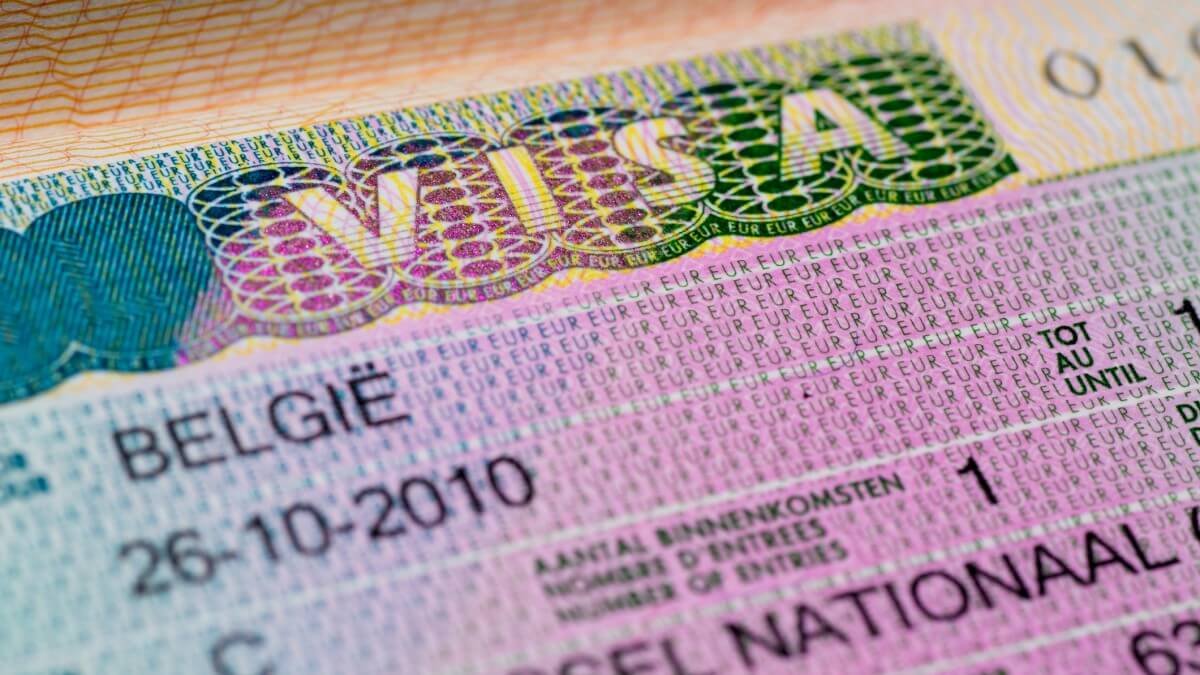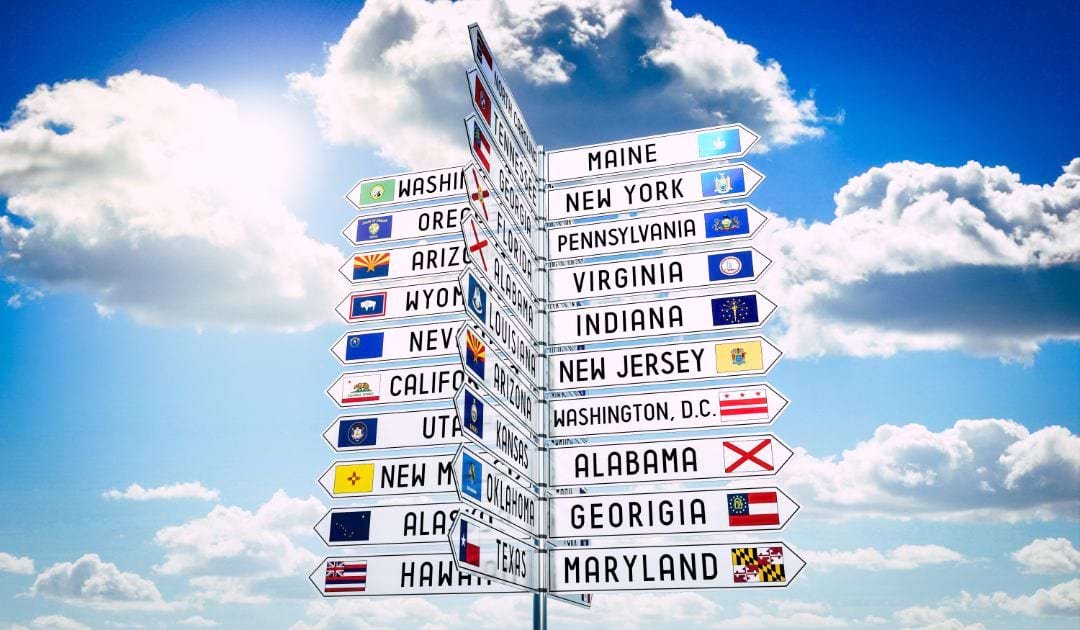

Answering 2022’s Most Asked Question: Can I Enter a Schengen Country With a Visa Issued By Another?
The Schengen Visa, which enables its holder to travel to 26 European countries, including France, Germany, Spain, and Italy, is amongst the world’s most famous and most sought-after visas. Pre-pandemic, in 2019, over 16 million people had applied for a Schengen visa, with France and Germany being the top favourite destinations.
For travellers to obtain such a visa, they must follow the Schengen visa application procedures, the first step of which is deciding at what Schengen Area embassy the application must be lodged.
Those who are planning to visit only one country should apply for a visa at the embassy, consulate or visa centre of the country they plan to travel to with that same visa. However, the issue is a little bit trickier when it comes to those wishing to visit more than one country in the Schengen Area.
“The Schengen Visa Code clearly settles the issue of those wishing to visit more than one country in the borderless area. If a traveller plans to visit two or more Schengen countries, the same should apply at the visa processing centre of the country in which the same will be spending more days,” explains Besart Bajrami, founder of AtoZSerwisPlus.com.
Further, he notes that for travellers who plan to spend the same number of days in each country that they plan on visiting, the application must be filed at the visa centre of the country through which the traveller will enter the Schengen Area (the country the traveller will visit first).
However, some travellers either change their plans or purposely apply at the embassy of a country they have no plan on travelling to.
“This is a widely spread phenomenon, in which travellers apply for a visa at an embassy which has higher chances of issuing them with a visa, or at the embassy in which they find free booking dates. The phenomenon is known as “visa shopping” and is considered illegal by the Schengen countries,” Bajrami explains.
As per travellers who obtain a visa from a particular country and then they no longer need/want to visit it, when travelling to another country, the same traveller might be held up by the border guards and be asked why the same is not visiting the visa issuing country.
In cases like that, the traveller should explain to the border guards the reasons for changing his/her plans. It remains in the power of the border guard to decide whether the traveller should be granted entry into that country or be turned away.
Conclusion
Travellers who own an unused visa and want to use the same to enter another country may do so, but they must be aware that there is always a chance that they might be denied entry into the Schengen Area.
Travellers are not advised to practice “visa shopping” and apply for a visa at a consulate due to their high issuance rate, or free booking appointments if they do not intend to visit that country.


















